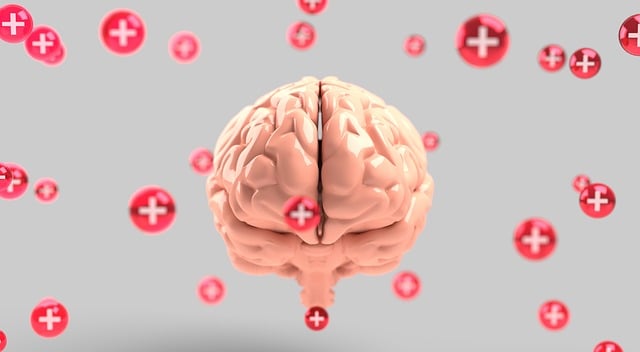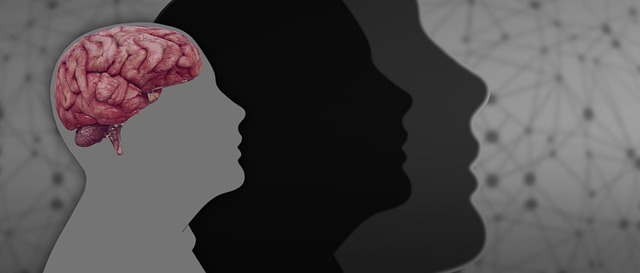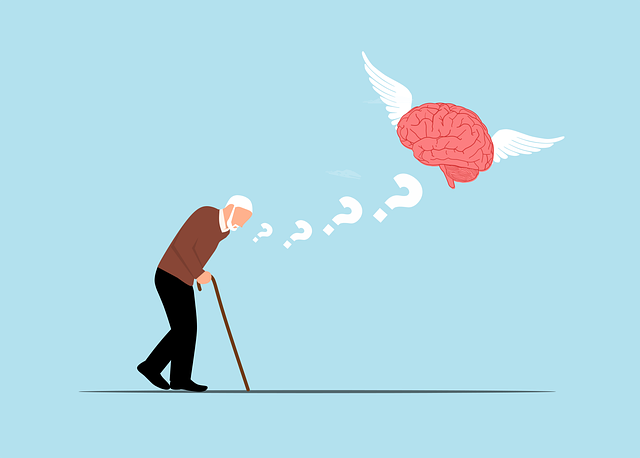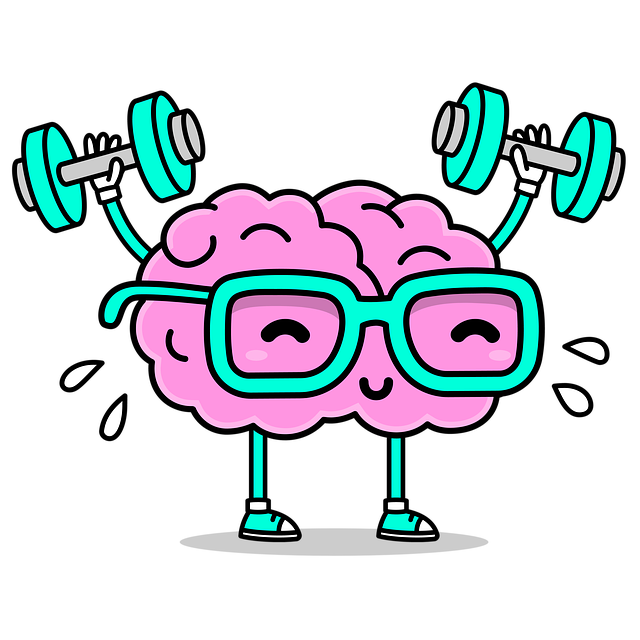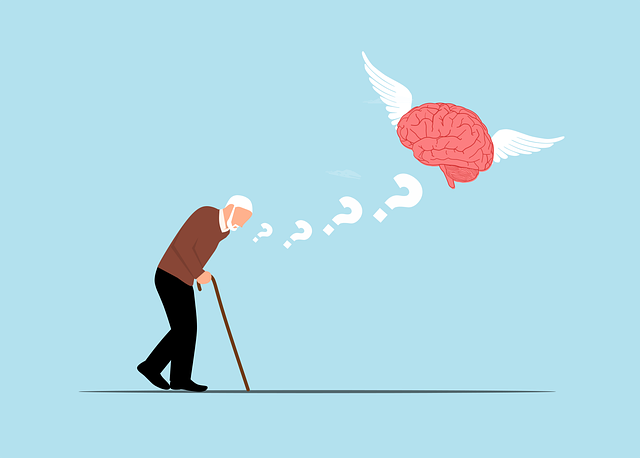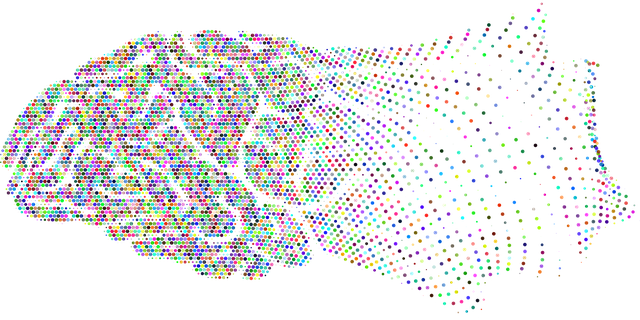Mental health crisis hotlines offering German-language support empower young adults with round-the-clock access to culturally sensitive therapy and resources. These services address unique challenges faced by German-speaking youth, providing immediate assistance, tailored guidance, and alternative coping methods like journaling exercises and podcasts. By destigmatizing mental health conversations, these hotlines encourage young adults to take charge of their wellness, overcoming language and cultural barriers in accessing healthcare. Specialized hotlines cater to diverse backgrounds, offering safe spaces for sharing struggles and receiving expert advice, serving as a crucial starting point for therapy and self-care journeys.
“In today’s fast-paced world, mental health crises can strike anyone, especially young adults navigating life’s challenges. This article explores the vital role of mental health crisis hotline support services, offering immediate assistance and guidance. We delve into the significance of German-speaking therapy options, catering to the unique needs of Germany’s youth. Understanding these hotlines provides insight into breaking down barriers and encouraging young Germans to seek much-needed help, ensuring access to effective therapy for young adults speaking their native language.”
- Understanding Mental Health Crisis Hotlines: A Lifeline for Young Adults
- The Importance of German-Speaking Support in Therapy
- How These Services Provide Immediate Assistance
- Who Can Access These Hotlines and What to Expect
- Overcoming Stigma: Encouraging Young Germans to Seek Help
Understanding Mental Health Crisis Hotlines: A Lifeline for Young Adults

Mental health crisis hotlines serve as a vital lifeline for young adults grappling with psychological turmoil. These 24/7 services provide immediate support and guidance, offering a safe space to express concerns and connect with trained professionals who can offer therapy for young adults speaking German. With cultural competency training at the forefront of their approach, these hotlines cater to diverse populations, ensuring that every individual receives empathetic and culturally sensitive care.
Many hotlines also complement traditional therapy by offering resources like mental wellness journaling exercise guidance and even producing a mental wellness podcast series designed to destigmatize conversations around mental health. This multifaceted support system is crucial in empowering young adults to take charge of their mental wellness, especially when they may face barriers accessing specific healthcare provider services or prefer alternative methods for coping and self-care.
The Importance of German-Speaking Support in Therapy

For young adults navigating therapy, having access to German-speaking support services is a crucial aspect that cannot be overlooked. Many individuals in this demographic, especially those recently immigrated or with cultural backgrounds distinct from their current environment, may face additional challenges when seeking therapy. Language acts as a gateway to understanding and effective communication; thus, the availability of therapists who are fluent in German can significantly enhance the therapeutic process. This is particularly relevant when addressing mental health concerns that often stem from unique cultural experiences and personal histories.
Integrating Mind Over Matter Principles and fostering an environment free from the mental illness stigma reduction efforts can be facilitated by German-speaking therapists. They can provide a safe space for young adults to explore their thoughts and emotions in their native language, encouraging deeper insights and more meaningful discussions. Furthermore, these therapists can offer culturally sensitive approaches to self-care practices, ensuring that therapeutic interventions resonate with the client’s identity and background.
How These Services Provide Immediate Assistance

When a young adult finds themselves in a mental health crisis, immediate support can be life-saving. Mental health crisis hotline services offer just that—a direct line to professional help. These hotlines are designed to provide swift assistance, offering a confidential space for individuals to share their struggles and receive guidance. Trained counselors on the other end are equipped with the knowledge to handle various mental health concerns, ensuring that young adults receive the right kind of therapy for their specific needs. Whether it’s anxiety, depression, or a more severe crisis, these services aim to stabilize the individual and prevent further deterioration.
One unique aspect of many crisis hotline programs is their focus on resilience building through accessible therapy for young adults, even those who speak German as their first language. This specialized service ensures that cultural and linguistic barriers don’t hinder access to much-needed mental wellness support. Additionally, some hotlines offer resources like a mental wellness podcast series production, providing an alternative way for individuals to engage with content tailored to improving their mental health and overall well-being.
Who Can Access These Hotlines and What to Expect

The mental health crisis hotline support services are accessible to anyone experiencing a mental health emergency or those seeking guidance on managing their well-being. This includes young adults, who often face unique challenges such as navigating college stress, identity formation, and transitioning into adulthood. For those identifying as German speakers, specialized hotlines provide an additional layer of support. These services offer confidential conversations with trained professionals who can offer immediate assistance, crisis intervention, and resources for further therapy or self-care practices tailored to individual needs.
callers can expect a safe and non-judgmental environment where they are heard and respected. The interactions aim to empower individuals to take control of their mental wellness by providing tools and information relevant to their specific situation. Whether one is struggling with anxiety, depression, or seeking advice on self-care practices or social skills training, these hotlines offer a starting point for finding the right therapy and resources, including recommendations for local German-speaking therapists and even referrals to a Mental Wellness Podcast Series Production catering to diverse cultural backgrounds.
Overcoming Stigma: Encouraging Young Germans to Seek Help

In Germany, where mental health discussions are gaining momentum, there’s a growing need to encourage young adults to seek therapy and support services. Stigma surrounding mental illness remains a significant barrier, often deterring individuals from reaching out for help. Many young Germans may feel hesitant to discuss their struggles due to societal perceptions and fears of judgment. Overcoming this stigma is crucial in ensuring that those experiencing emotional distress have access to the necessary resources.
Community outreach programs play a pivotal role in fostering an environment where seeking therapy for young adults speaking German is normalized. By implementing initiatives that promote positive thinking and mood management, these programs can help break down stereotypes. Educating peers, family members, and community leaders about mental health issues can create a supportive network, encouraging open conversations and timely interventions. Through such efforts, more Germans under 30 are likely to view therapy as a beneficial tool for personal growth rather than a sign of weakness, ultimately improving their overall well-being.
Mental health crisis hotline support services play a pivotal role in providing immediate assistance and crucial therapy for young adults, especially those who face language barriers. By offering German-speaking options, these hotlines overcome stigma and make help more accessible to young Germans in crisis. Understanding the importance of such services is essential in fostering a supportive environment where seeking mental health care is encouraged and normalized.


